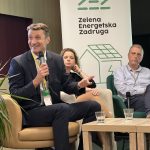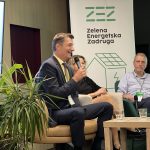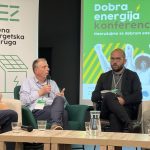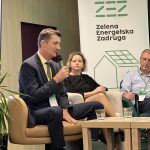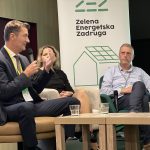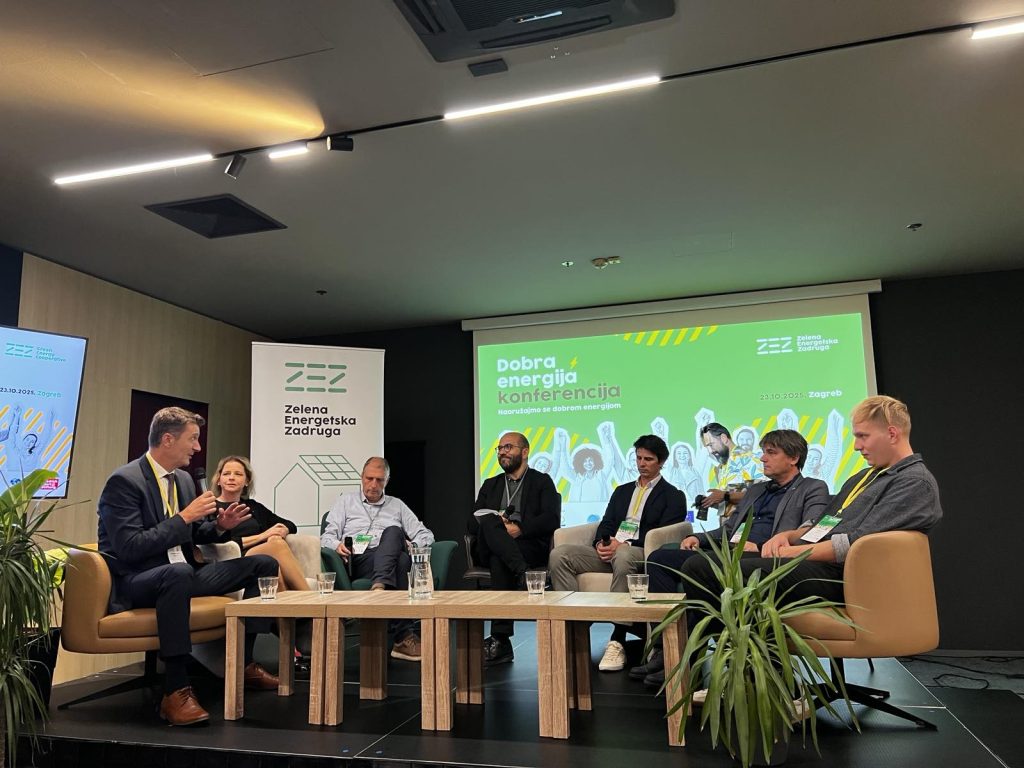
Regardless of the way we define the concept of citizen energy, it implies the active participation of citizens in the energy, and especially in the power system, in roles that were not possible before. Citizens today can appear as producers of electricity that they deliver to the grid — either to a supplier or to a predetermined consumer — or as investors in facilities managed by others that perform the same functions.
The key assumption for the existence of citizen energy is the possibility for a citizen to “appear” on the power grid, deliver energy and decide to whom it will be intended. Citizens, as well as legal entities, can fulfill these roles individually or through association.
Distributed citizen energy enables the production of electricity to take place in the immediate vicinity of consumption, at the lowest voltage levels. In this way, the need for investments in new large production capacities, as well as for investments in transmission capacities, is reduced. When used primarily for own consumption, the energy produced in this way contributes to greater energy independence, security of supply and decarbonization of domestic consumption. Additionally, the cost-competitive generation of electricity from distributed, citizen-owned sources provides another strong argument for supporting this form of energy development.
Until now, the development of distributed citizen energy in the countries of the Western Balkans was based on the concept of prosumer, which was unevenly developed in the region. However, the development of European Union legislation leads to the gradual abolition of the net metering system and the transition to energy communities as the main framework for the further development of distributed citizen energy. At the same time, the projects of commercial investors, which face smaller administrative and technical obstacles, increasingly compete with citizen initiatives for the limited resources of the distribution network.
The transition from net metering to energy communities is not a linear process and requires the development of incentive frameworks in several areas: management, planning and development of the distribution network; regulation; financial and tax arrangements; various legal aspects; community management models; as well as learning and education. These frameworks are still in the early stages of development in the European Union, while in the countries of the Western Balkans they are just beginning to take shape. The development of energy communities requires innovations in technological, management and social terms.
At the third edition of the “Good Energy” conference, which was organized by the Green Energy Cooperative in Zagreb on October 23, the key actors of citizen energy from Croatia, Southeastern Europe and the Western Balkans gathered. The goal of the conference was to accelerate the development of energy communities through the exchange of experiences from the field, dialogue with legislators and institutions, as well as agreement on concrete steps.
Aleksandar Macura participated in the panel “What do we need to upscale, replicate and accelerate community energy in Southeast Europe?”. With the participants of the conference, he shared his view of the steps that could contribute to the acceleration of the development of this sector. He emphasized the number of topics, processes and participants that shape opportunities for development, as well as the need to recognize, group and connect them.
Recognizing topics, processes and stakeholders, as well as reaching agreement on one or more visions of citizen energy development, is crucial so that advocates can act together and improve the conditions for its further growth. Participants agreed that distribution systems operators are central figures, since they face various limitations, and that it is important to actively involve regulators in strengthening their capacities and monitoring results.
It is essential that citizen energy projects really bring added value to the power system, which requires specific expertise in the project development phase. That knowledge is not always readily available to individuals who wish to associate. Finally, regional cooperation, which goes beyond the borders of the European Union, is recognized as extremely important for accelerating the development of energy communities.
See the photo gallery from Zagreb by Bojan Gajić:


